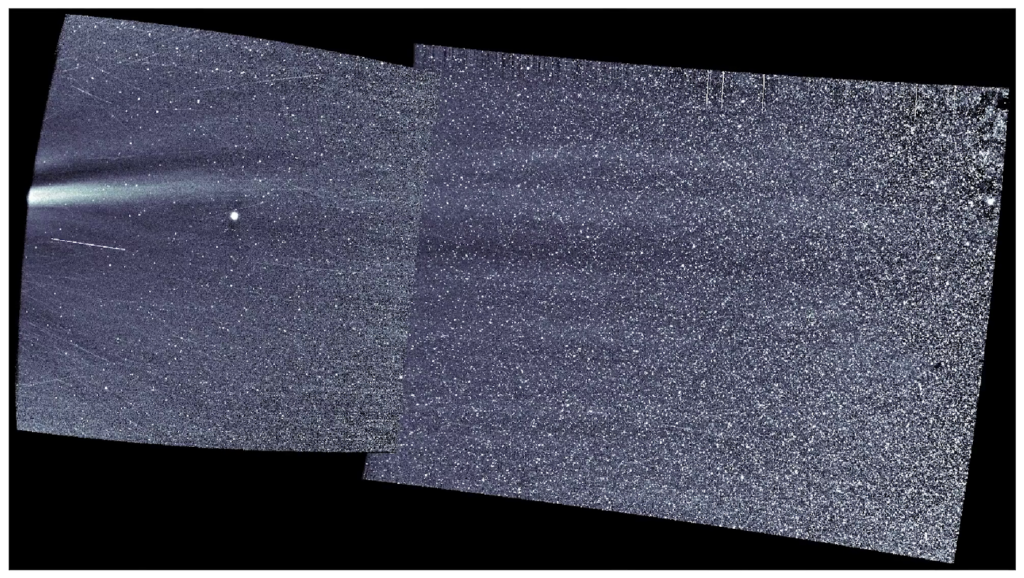Video Caption: Dr Ken Kremer, scientist/journalist with Space UpClose, live interview on BBC World TV news discusses India 1st moon landing attempt on 6 September 2019 which apparently failed in the final moments of descent to touchdown near the lunar south pole region when contact was lost. Ken Kremer — SpaceUpClose.com & RocketSTEM – 6 September 2019 TITUSVILLE, FL – India’s
Ken Kremer — SpaceUpClose.com & RocketSTEM – 23 Aug 2019 Watch for Ken’s continuing onsite coverage of NASA, SpaceX, ULA, Boeing, Lockheed Martin, Northrop Grumman and more space and mission reports direct from the Kennedy Space Center, Cape Canaveral Air Force Station, Florida and Wallops Flight Facility, Virginia. Stay tuned here for Ken’s continuing Earth and Planetary science and human spaceflight
On Aug. 16, 2019, NASA Administrator Jim Bridenstine announced the agency’s Marshall Space Flight Center in Huntsville, Alabama, will lead the Human Landing System Program. Bridenstine was joined by Representatives Mo Brooks and Robert Aderholt of Alabama and Representative Scott DesJarlais of Tennessee. NASA will rapidly develop the lander for safely carrying the first woman and the next man to
Parker Solar Probe’s WISPR instrument saw the solar wind streaming past during the spacecraft’s first solar encounter in November 2018. Credits: NASA/Naval Research Laboratory/Parker Solar Probe Ken Kremer — SpaceUpClose.com & RocketSTEM – 17 August 2019 CAPE CANAVERAL, FL – NASA’s Parker Solar Probe is celebrating the completion of two very productive solar orbit trips around the sun on the
ULA Vulcan Centaur rocket will launch Sierra Nevada Corporation Dream Chaser on cargo resupply mission for NASA to the International Space Station in this artists concept. Credit: ULA/ Sierra Nevada Corporation Ken Kremer — SpaceUpClose.com & RocketSTEM – 14 August 2019 CAPE CANAVERAL, FL – Sierra Nevada Corporation (SNC) announced today, Aug 14, the selection of the United Launch Alliance
Streaking to Orbit and generating a ‘space jellyfish’: United Launch Alliance Atlas V rocket carrying the Advanced Extremely High Frequency AEHF-5 jam resistant military communications satellite for the USAF blasts off at twilights dawn to GTO in this wide angle fisheye photo on Aug. 8, 2019 at 6:13 a.m. ET from Space Launch Complex-41 on Cape Canaveral Air Force Station,
Streaking to Orbit: United Launch Alliance Atlas V rocket carrying the Advanced Extremely High Frequency AEHF-5 jam resistant military communications satellite for the U.S. Air Force blasts off at twilights dawn to geostationary transfer orbit (GTO) in this long duration exposure photo on Aug. 8, 2019 at 6:13 a.m. ET from Space Launch Complex-41 on Cape Canaveral Air Force Station,
A United Launch Alliance Atlas V rocket carrying the AEHF-5 milcomsat for the U.S. Air Force is poised for twilight liftoff to GTO on Aug. 8, 2019 at 5:44 a.m. ET from Space Launch Complex-41 on Cape Canaveral Air Force Station, Florida on a national security mission. Credit: Ken Kremer/kenkremer.com/spaceupclose.com Ken Kremer — SpaceUpClose.com & RocketSTEM – 7 August 2019 CAPE
SpaceX Falcon 9 carrying AMOS 17 comsat mission for Spacecom launches at 7:23 p.m. EDT Aug 6, 2019 from Space Launch Complex 40 on Cape Canaveral Air Force Station, FL. Credit: Ken Kremer/kenkremer.com/spaceupclose.com Ken Kremer — SpaceUpClose.com & RocketSTEM – 6 August 2019 CAPE CANAVERAL AIR FORCE STATION, FL – After day long threats of awful Space Coast weather and uncertainty
SpaceX Falcon 9 carrying AMOS 17 comsat mission for Spacecom rises at 745 a.m. ET Aug 6, 2019 at Space Launch Complex 40 ahead of launch Aug. 6 from Cape Canaveral Air Force Station. Credit: Ken Kremer/kenkremer.com/spaceupclose.com Ken Kremer — SpaceUpClose.com & RocketSTEM – 6 August 2019 TITUSVILLE/CAPE CANAVERAL AIR FORCE STATION, FL – Its ‘Rocket n’ Roll’ time on Florida’s


